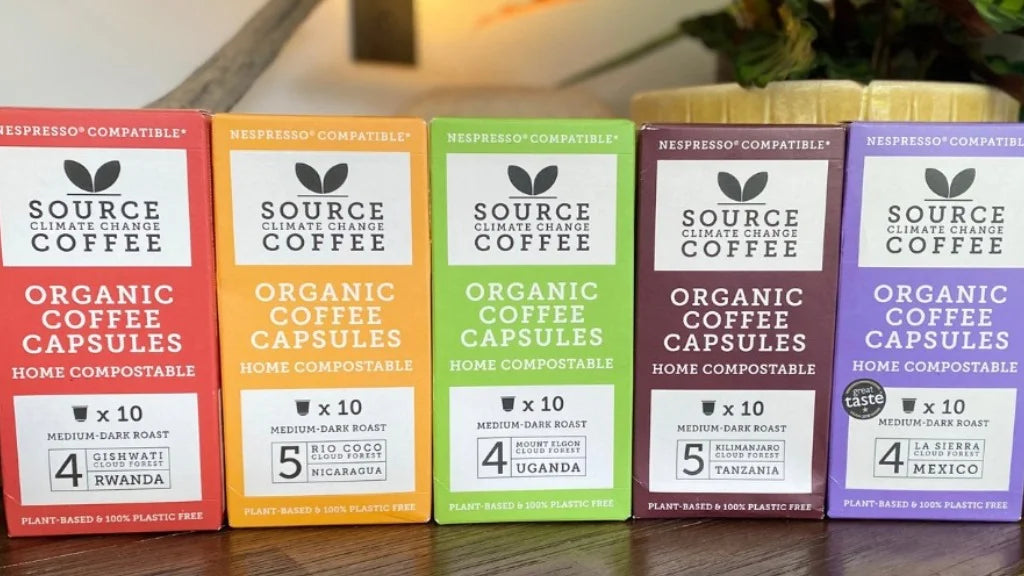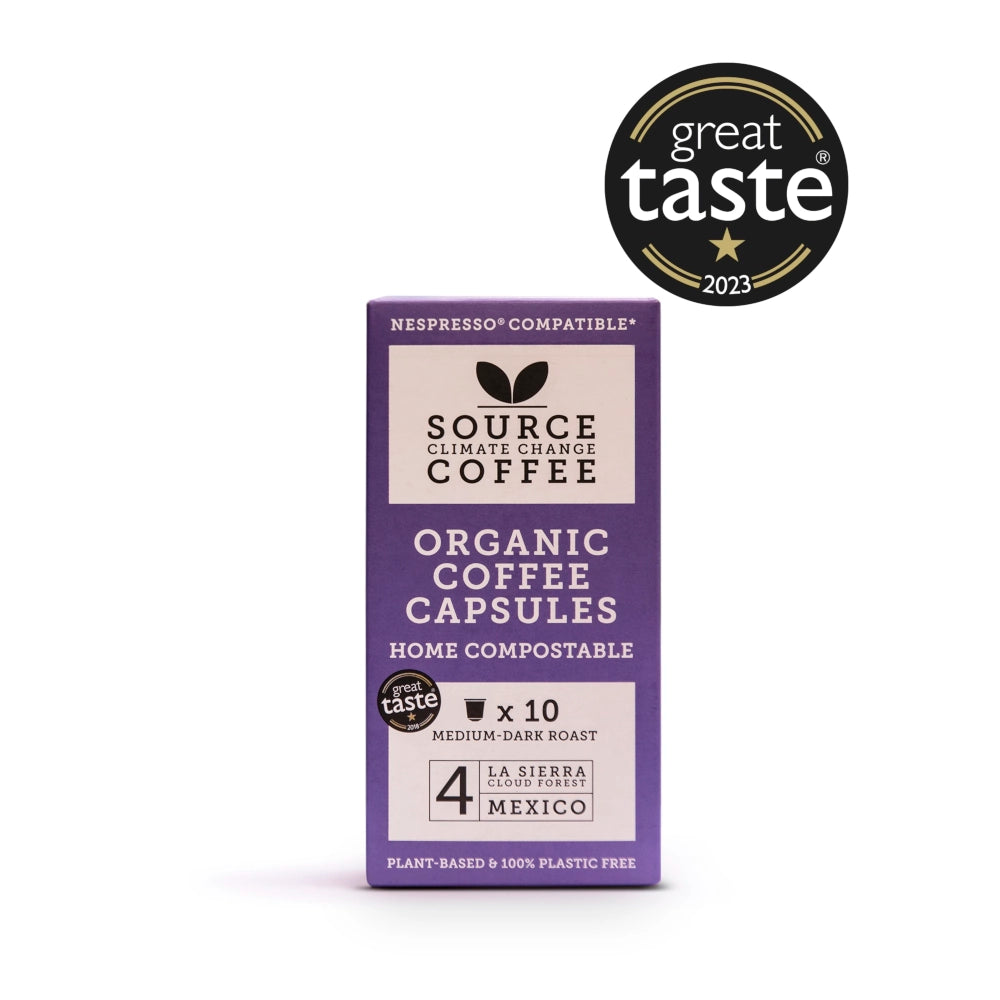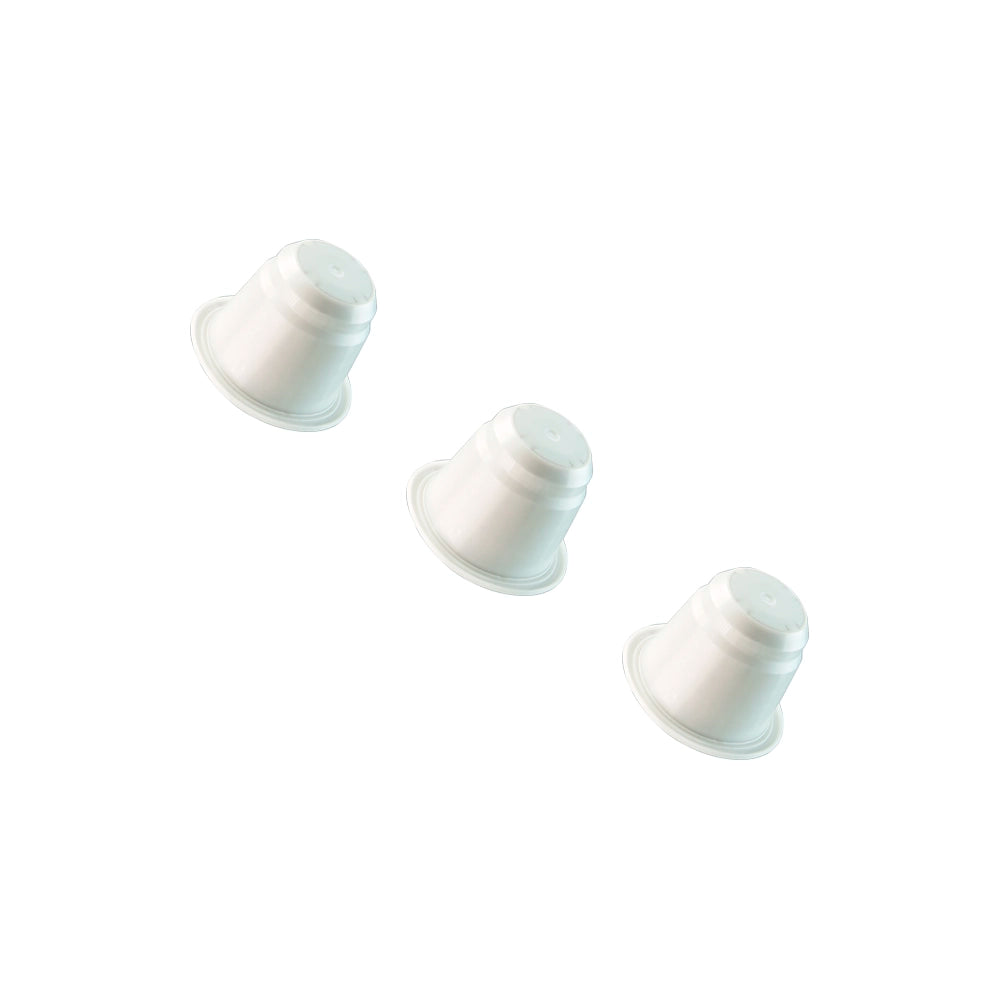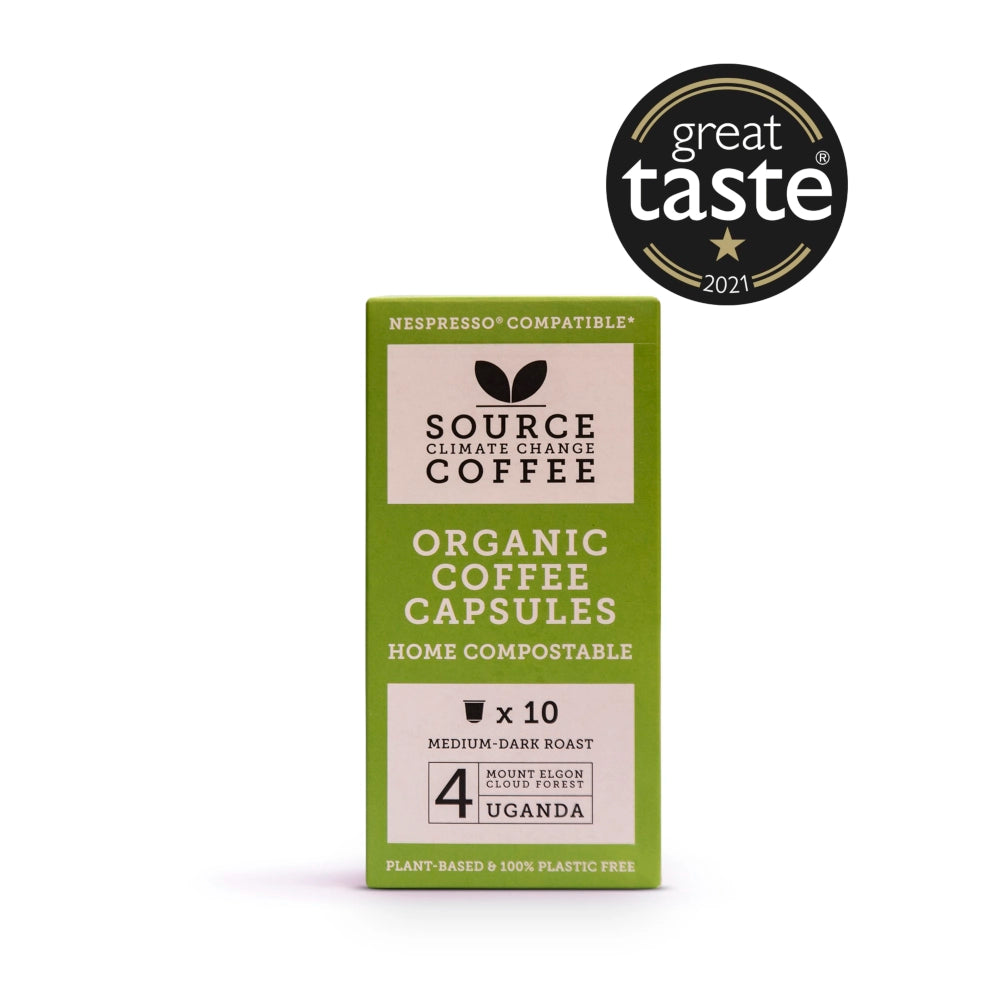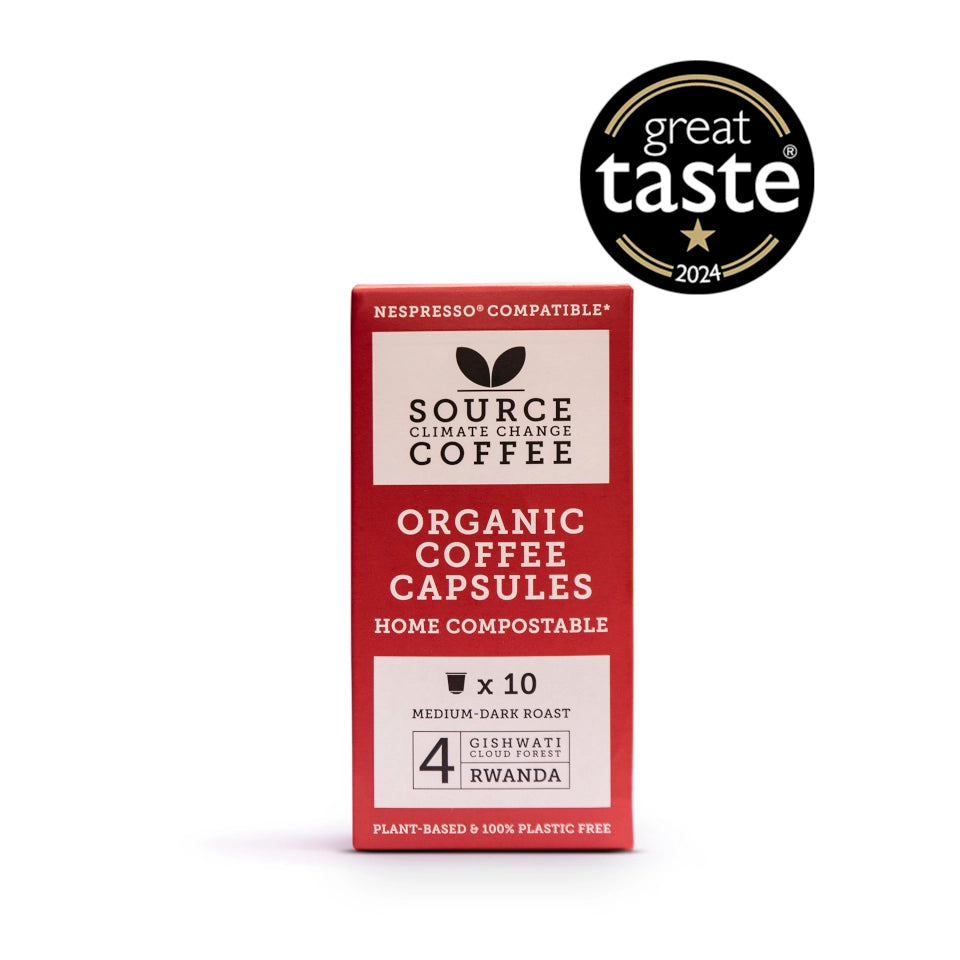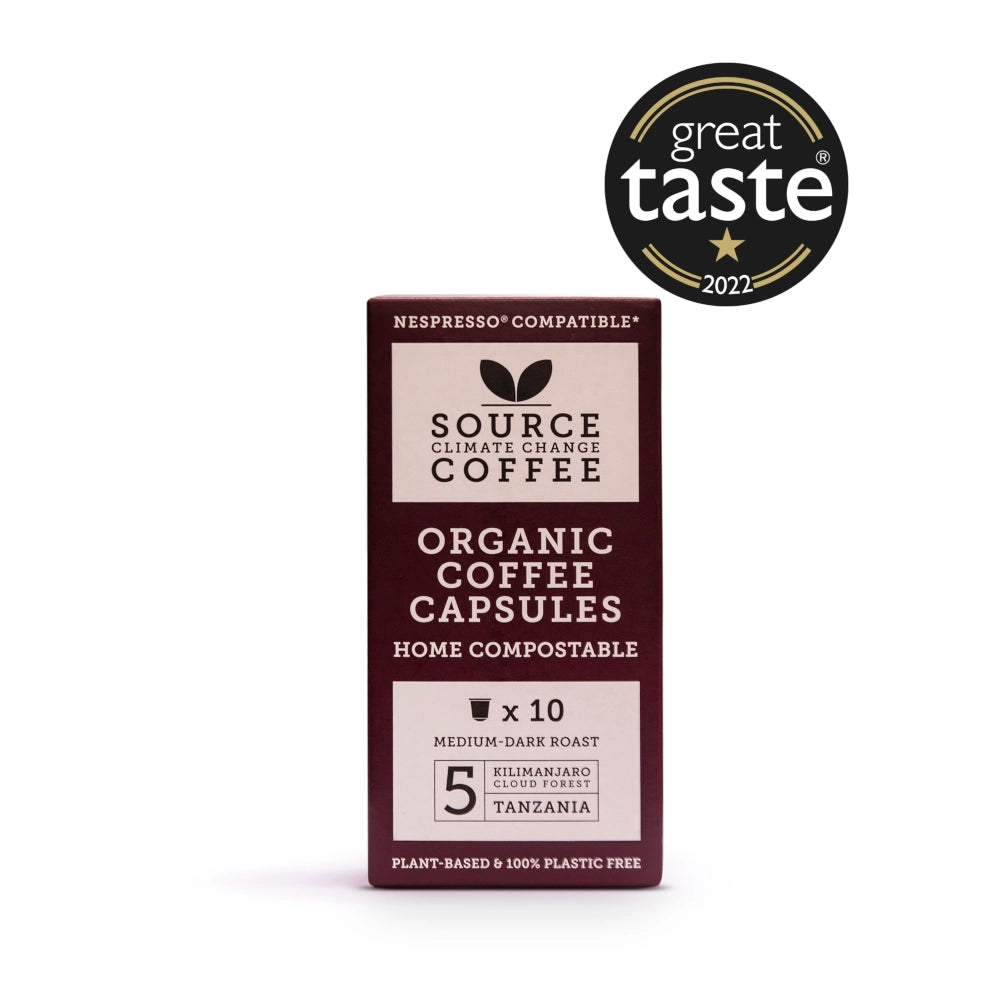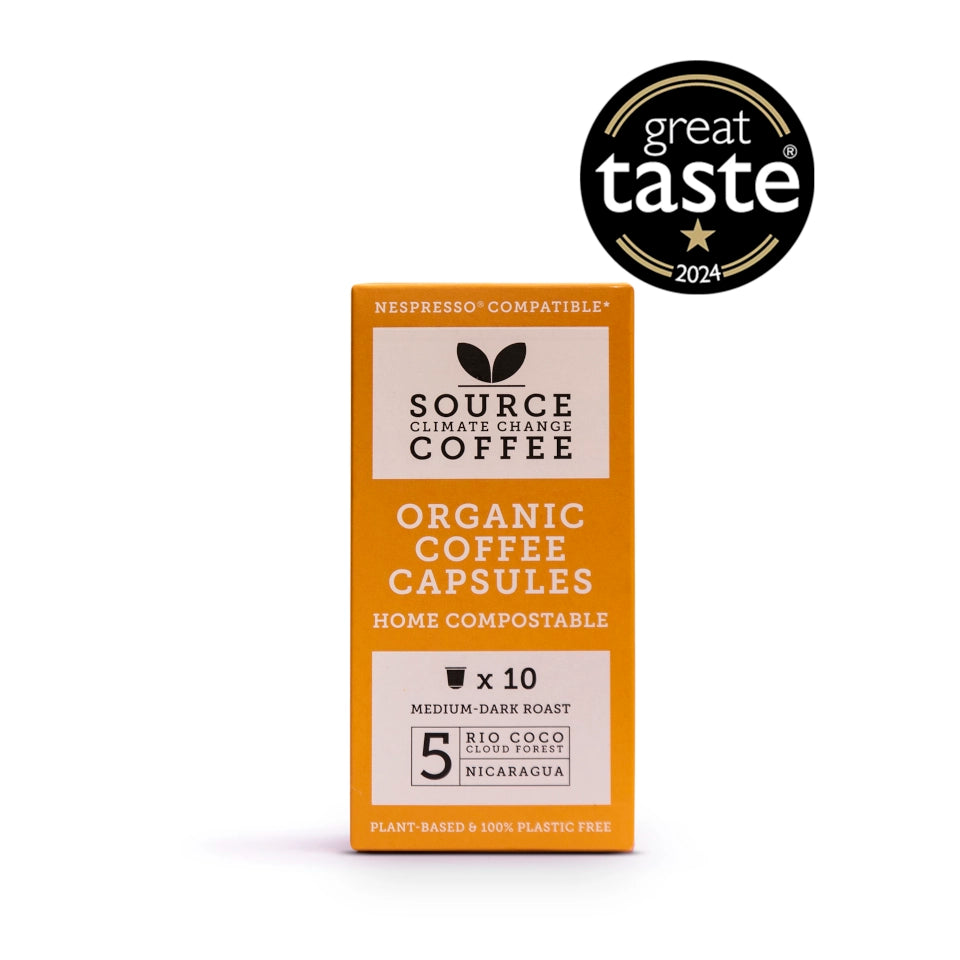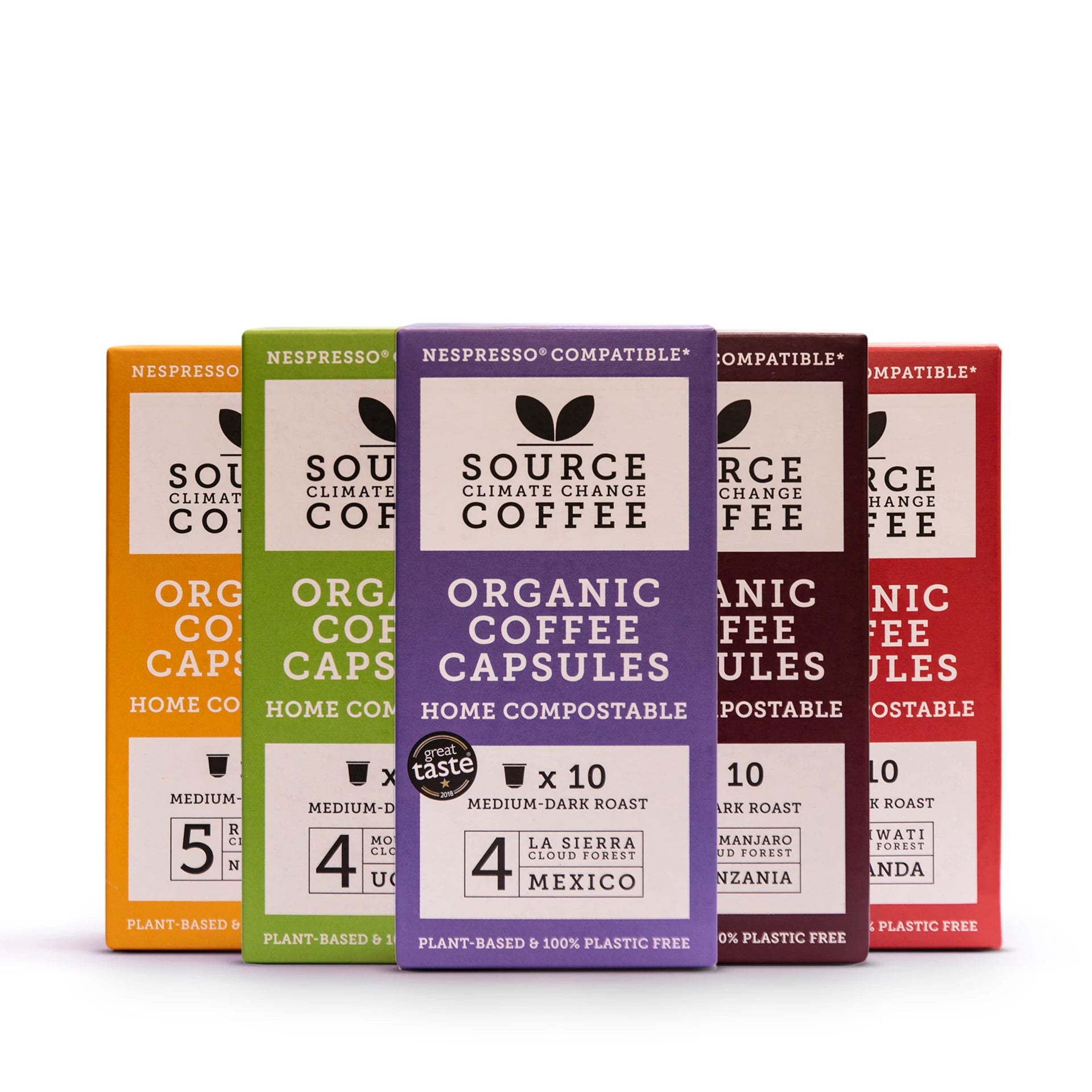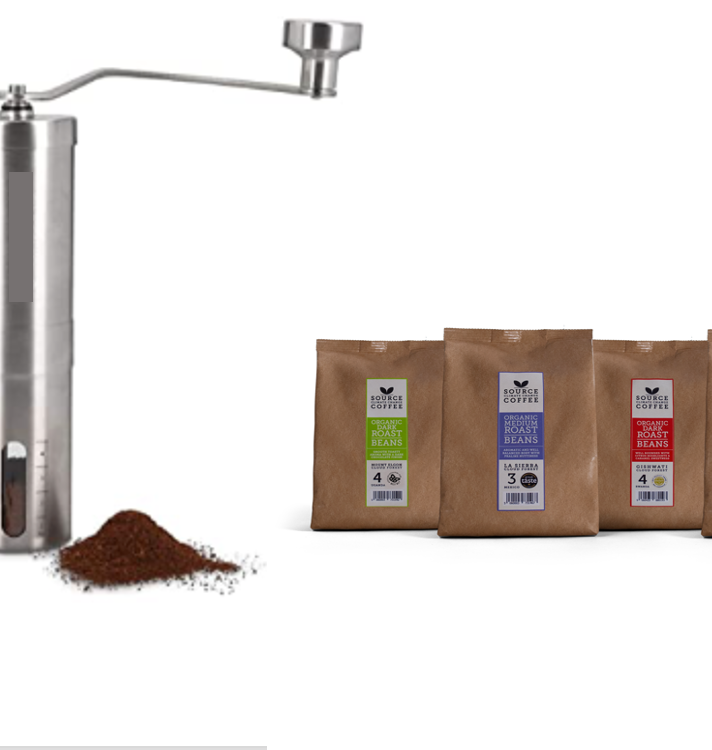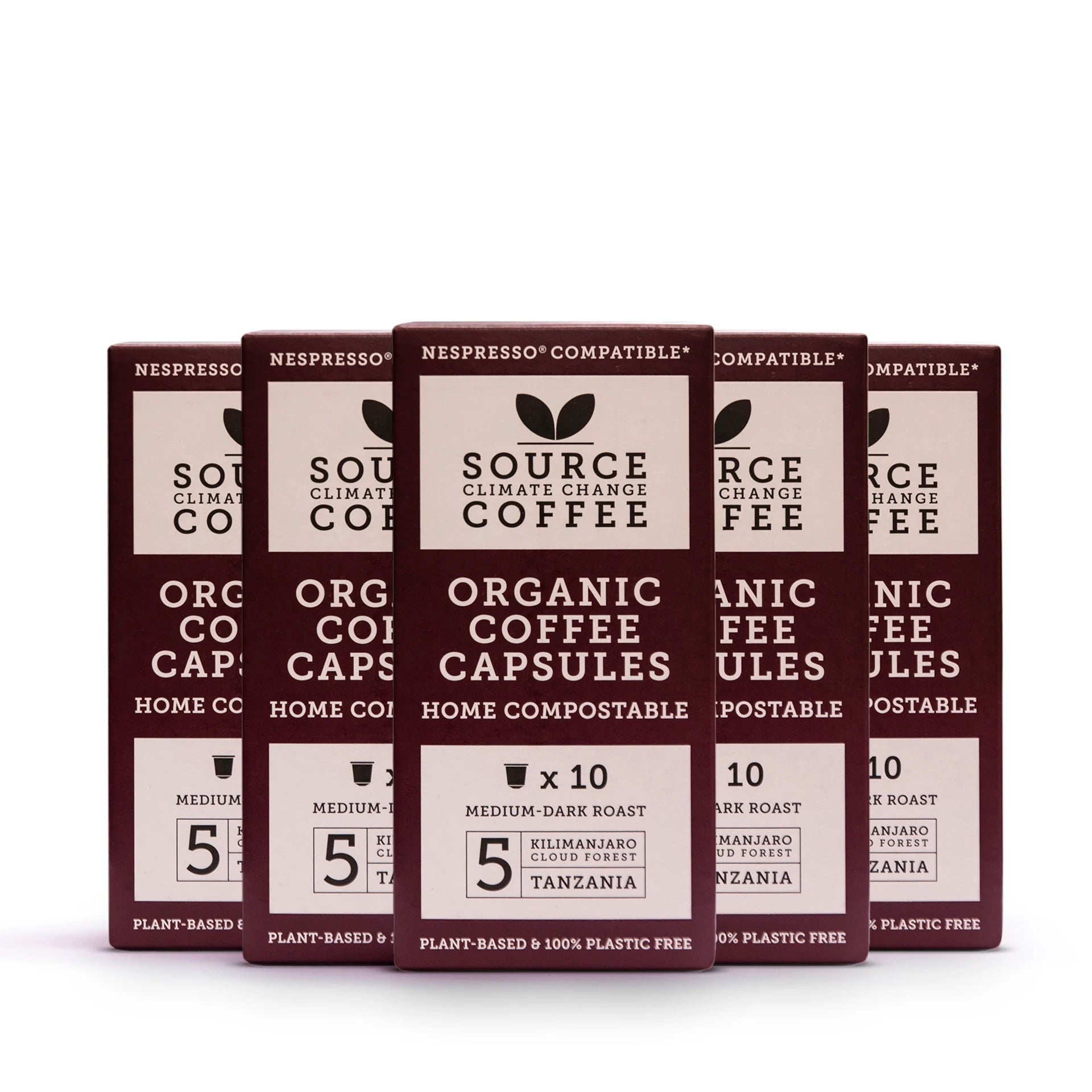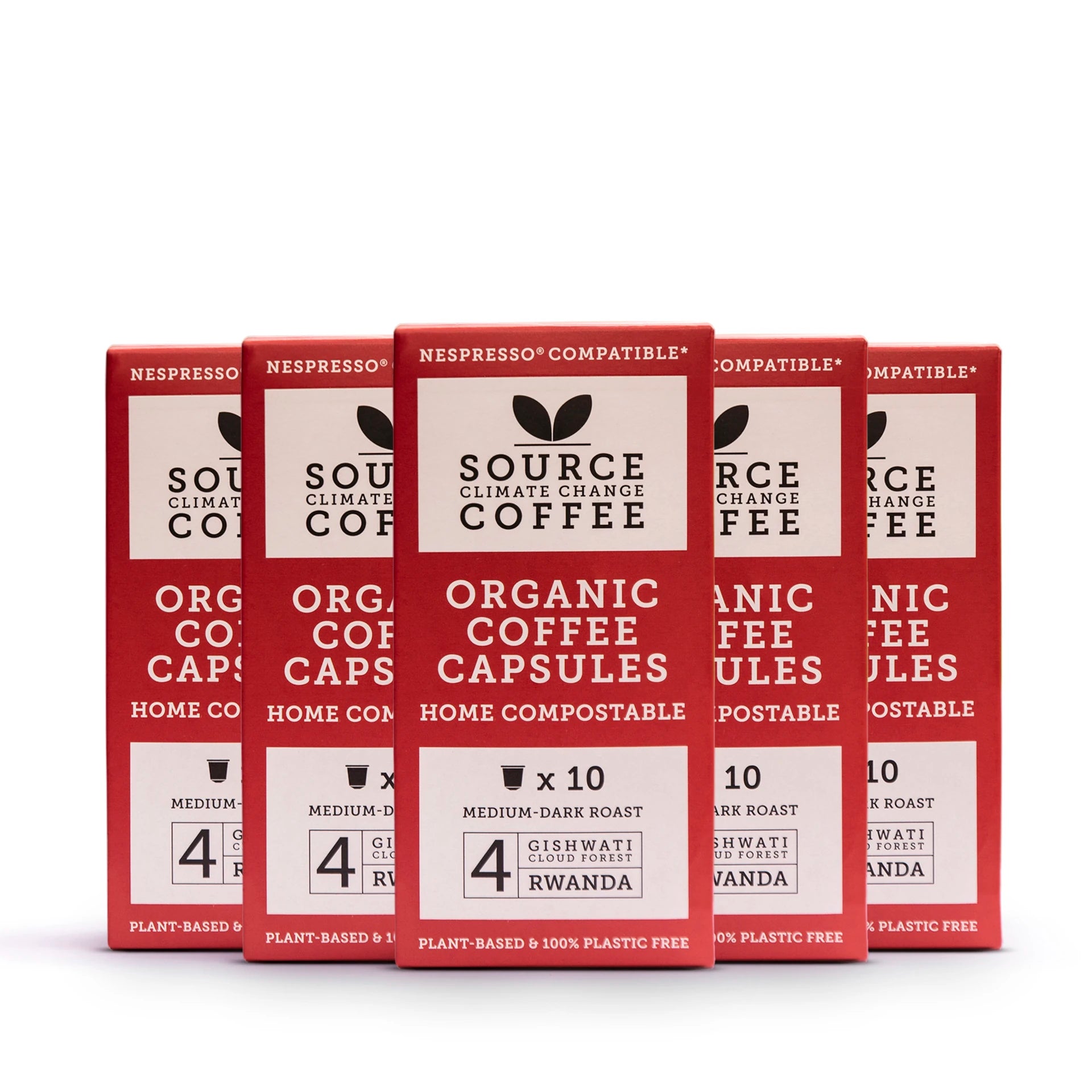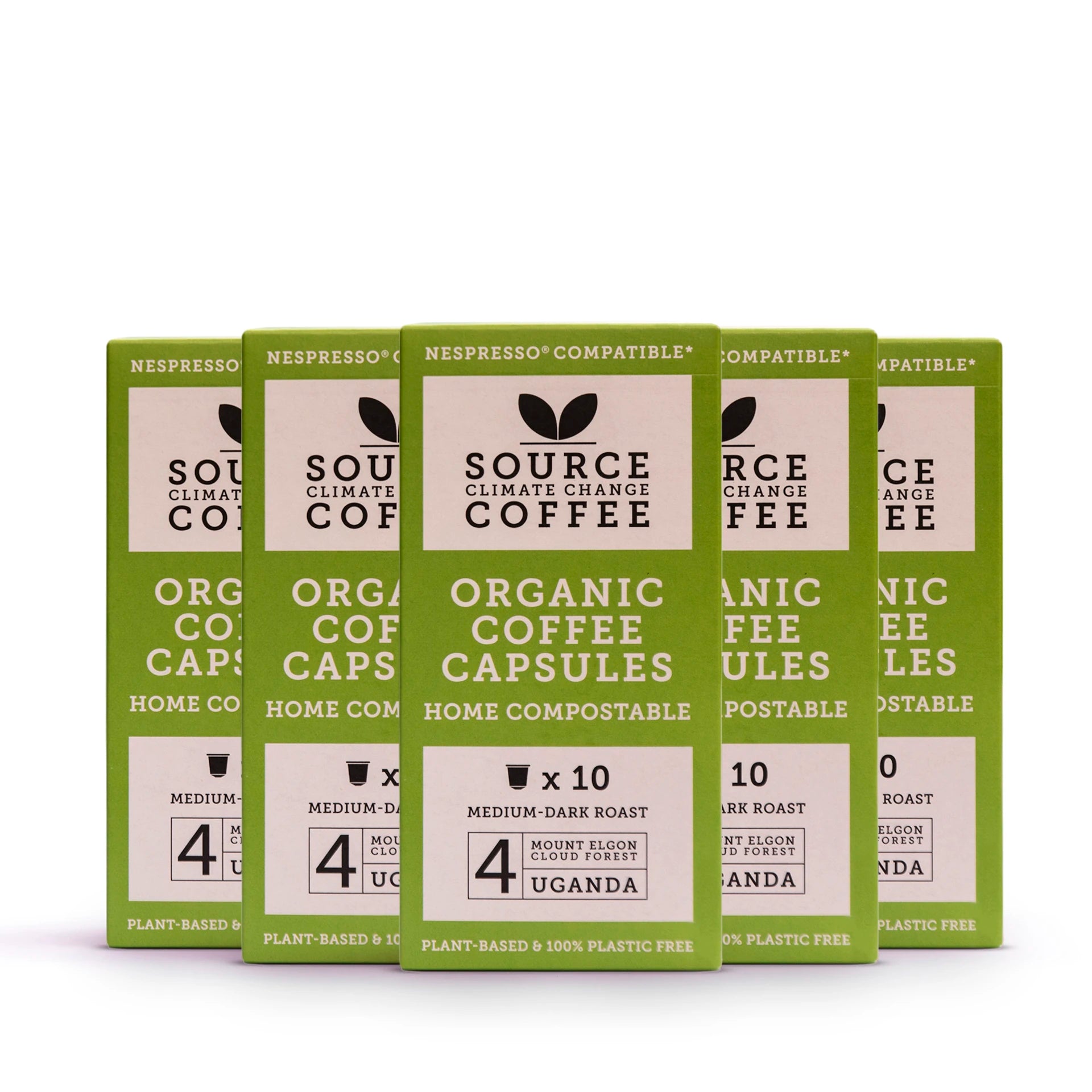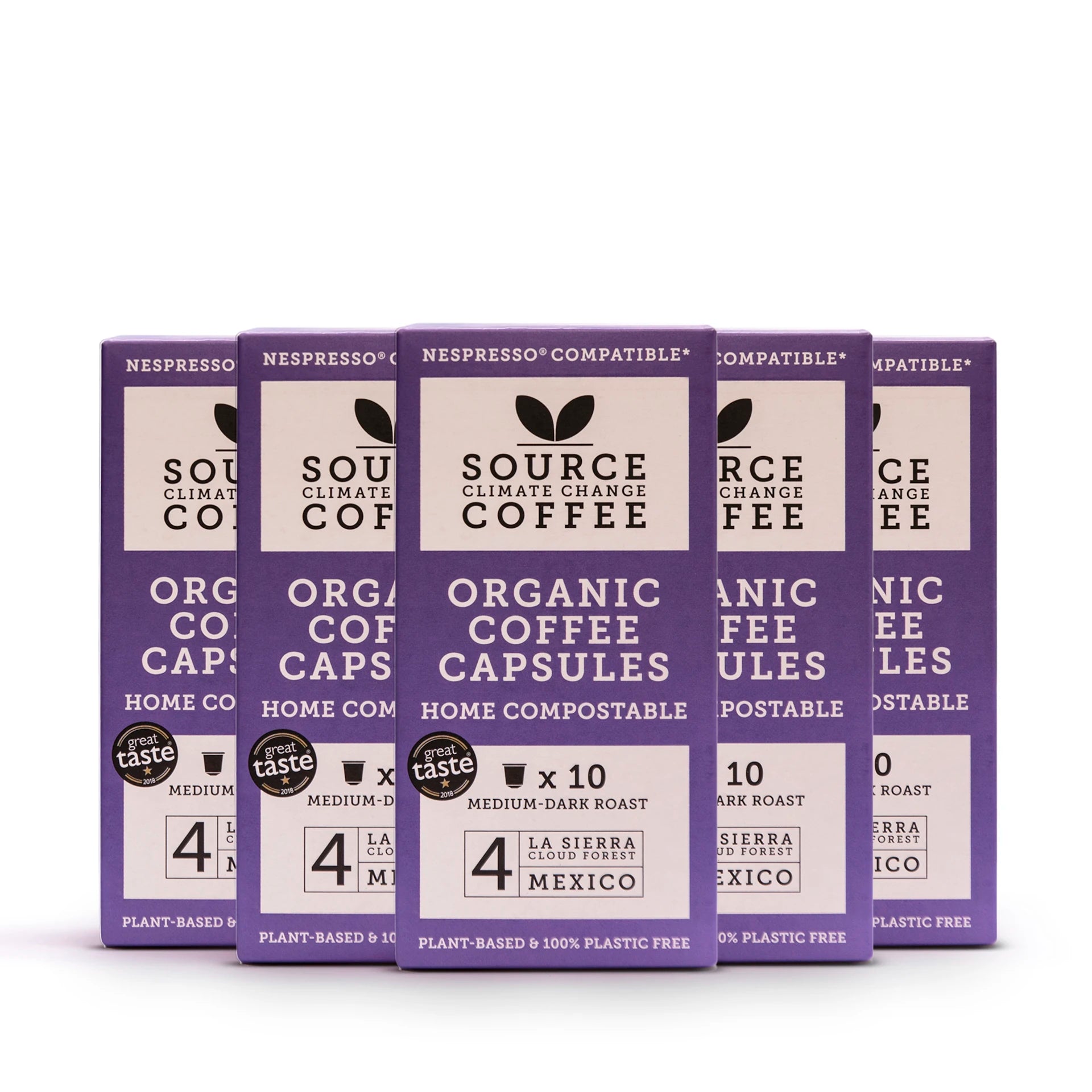
Is coffee good for you?

We love our daily coffee habit and we are not the only ones with an estimated 98 million coffee cups of coffee drunk in the UK every day (British Coffee Association). But every now and then we wonder if it is any good for us.
The Swedish experiment
Back in the 18th century, King Gustav III of Sweden decided to experiment on two of his prisoners to find out if coffee was a health hazard. He gave twin prisoners tea or coffee every day and far from proving his point, they both outlived their doctors.
Reduced risk of diseases
In more modern times, science has proven that coffee helps reduce the risk of some chronic diseases.
The conclusion of research by a team at the University of Southampton and the University of Edinburgh concluded that coffee consumption is generally safe within the 'usual consumption limits' and that at 3-4 cups a day there was a reduction in the risk of cardiovascular disease, cancers including prostate, endometrial, liver and skin melanomas (18%), and neurological, metabolic, and liver conditions (type 2 diabetes, gout and cirrhosis of the liver among others).
Decaffeinated coffee carried the same reduction in risk as caffeinated coffee for cardiovascular disease, type 2 diabetes and endometrial cancer. Unfortunately the same did not apply to all cancer risks.
Drinking coffee has also been linked to a lower risk of Parkinson’s disease and Alzheimer’s disease among some groups. A study at Leicester Medical School found it was more beneficial for men than women and not at all for women on HRT.
It is likely that the combination of caffeine and polyphenols in coffee work to reduce inflammation, improve insulin sensitivity, protect the brain and act as antioxidants. One of the polyphenols is called chlorogenic acid and this has been linked to metabolic benefits. Coffee also includes fibre and prebiotic properties.
Can you have too much coffee?
Caffeine in coffee does carry some risks. It can cause headaches and make your heart race. It can exacerbate anxiety. Too much coffee can give you heartburn and cause acid reflux. It may increase your cholesterol levels if you drink unfiltered coffee and lower bone density if you drink more than five cups a day. It is not advised if you are trying to become pregnant.
The Mayo Clinic suggests up to four cups of coffee (400mg) a day is safe to drink and as we’ve seen this may reduce the risk of some chronic diseases. Professor Tim Spector at Zoe points out that everyone is unique and that some of us who have slower metabolisms might be prone to the palpitations and jitters that too much coffee can bring. He recommends experimenting to see how much coffee you can handle in a day and reducing your coffee intake if it causes any ill effects. For pregnant women he recommends a maximum of 1.5 cups of coffee a day.
How much coffee do you drink each day? And do you think it brings you any health benefits?
It is pretty clear that drinking a moderate amount of coffee each day together with eating a balanced healthy diet, might bring you some advantages.




